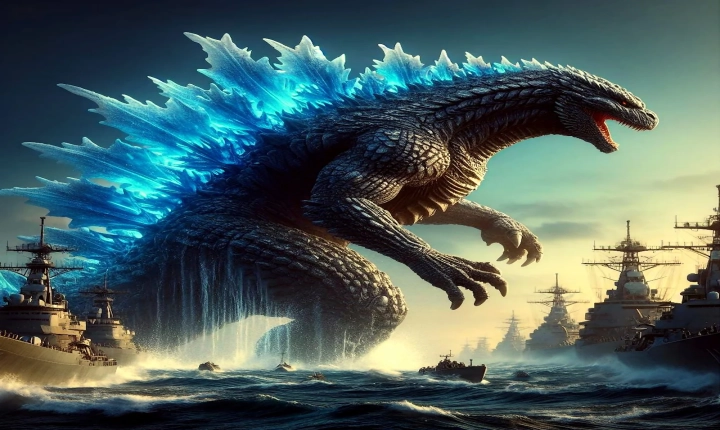In recent years, the debate about copyright infringement and artificial intelligence (AI) has been gaining significant attention. As AI technology continues to advance, the question of whether AI can infringe on copyright has become a topic of interest and concern for many individuals and organizations.
AI, in its various forms, has the ability to generate, produce, and create content autonomously, leading to questions about the ownership of such content and whether it can be considered a form of copyright infringement. This issue raises several complex legal and ethical considerations.
One of the key dilemmas is whether AI-generated content can be attributed to a specific creator or whether it should be treated as a work of the AI itself. Traditional copyright laws are centered around human creators and their intellectual property rights. However, with AI’s capability to independently produce text, images, music, and other forms of content, the application of these laws becomes increasingly blurred.
Furthermore, the concept of AI-generated content presents a challenge in terms of the originality and creativity of the work. When an AI system generates content without direct human input, it raises questions about whether the resulting work can be considered original and therefore eligible for copyright protection.
On the other hand, the argument has been made that AI is a tool created and controlled by humans, and as such, any content it produces can be considered an extension of human creativity. Proponents of this view assert that copyright laws should be extended to include AI-generated works, providing legal protection and ownership rights to the individuals or organizations that develop and deploy the AI systems.
The legal landscape surrounding AI’s potential for copyright infringement is complex and constantly evolving. In some jurisdictions, there is a lack of specific regulations that address the unique challenges posed by AI-generated content. As a result, the existing copyright laws may not be sufficient to address the nuances of AI-generated works, leaving a gray area in terms of legal protection and accountability.
In response to these challenges, there have been calls for the development of new frameworks and regulations specifically tailored to address AI-generated content and its implications for copyright law. These frameworks would need to consider questions of ownership, authorship, and originality, as well as the potential impact of AI on traditional creative industries.
In conclusion, the issue of AI and copyright infringement is a complex and multifaceted one that requires careful consideration and attention. As AI technology continues to advance, it is essential for lawmakers, legal experts, and industry stakeholders to collaborate in developing new frameworks and regulations that can effectively address the unique challenges posed by AI-generated content. It is clear that the intersection of AI and copyright law presents an important opportunity to shape the future of creativity and intellectual property in the digital age.
